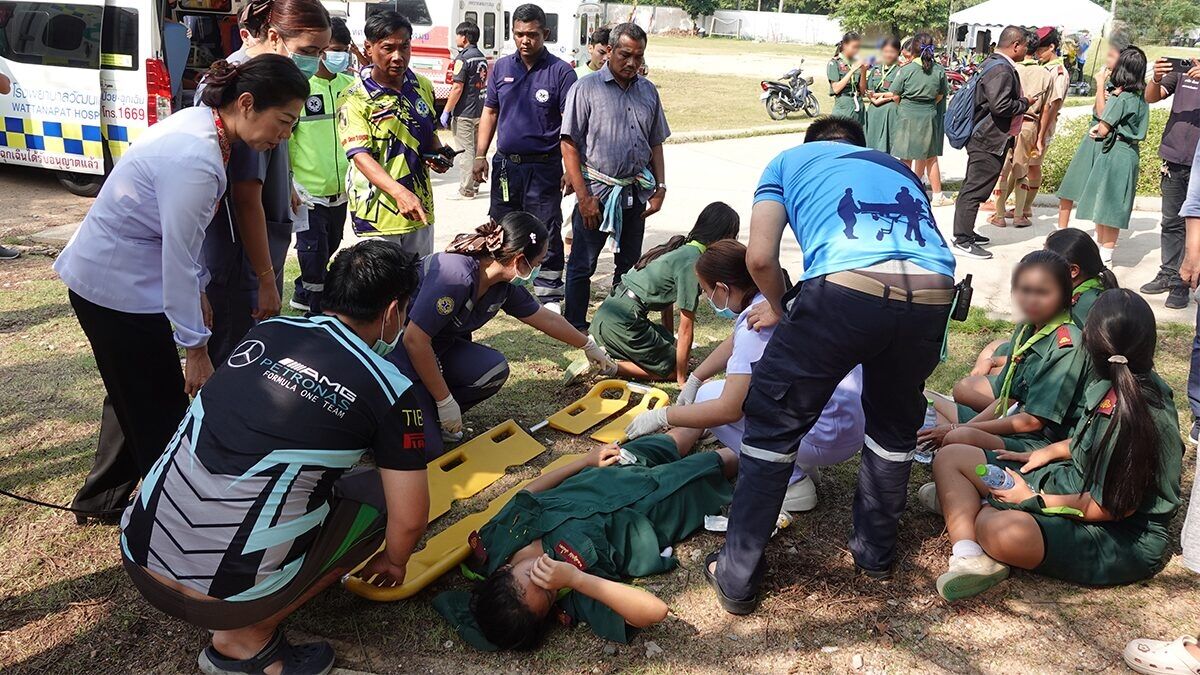An agency has proposed that Thailand’s National Health Security Office (NHSO) budgets 200 million baht to purchase and distribute condoms and contraceptive implants as a possible solution to the country’s unwanted pregnancies.
The AIDS and Unwanted Pregnancy Hotline 1663 Centre says the money, which amounts to only 3 baht per head, could come from the NHSO’s health promotion and disease prevention fund.
Achara Kaewpradit, operations chief of the 1663 Centre, says it handled 26,721 cases (30 per cent involving Thai youths) in 2018, a 38 per cent increase from the year before.
Among these cases, 69 per cent, or 18,486 cases, involved pregnant women, 2,083 of whom had never used any form of birth control.
The three most popular methods for birth control were oral contraception pills, taken most days of a month; emergency contraception pills, and the ‘coitus interruptus’ method by withdrawal, she said.
As the latter two weren’t always effective, people used methods such as condoms, “mini pills” and injectable contraceptive, she said.
Those over 20 years old, one quarter of whom were poor women at risk of repeated unwanted pregnancy, couldn’t easily access birth control services, like those under 20 who were entitled to the services by law, said centre official Saranya Ketchan.
Many of those over 20 wanted semi-permanent contraceptive such as contraceptive implants but were often told to get the injectable contraceptive instead. If they insisted on contraceptive implants, they had to cover the expense themselves.
Somwong Uraiwattana, manager of the 1663 Centre, says the most popular birth control method was condoms but a survey found that the condoms’ minimum price was 37-45 baht per a box of three pieces which was too expensive for many.
“Thailand must seriously prevent the consequences of unprotected sex such as unwanted pregnancy and STDs. In principle, women have the right to choose their birth control method to fit their lifestyle,” Somwong said.
“I propose that the NHSO or the Public Health Ministry is put in charge of allocating a budget from the P&P fund to buy condoms and contraceptive implants, the latter which were for women over 20 without requiring a condition of pregnancy abortion, for distribution at all hospitals.
SOURCE: The Nation





